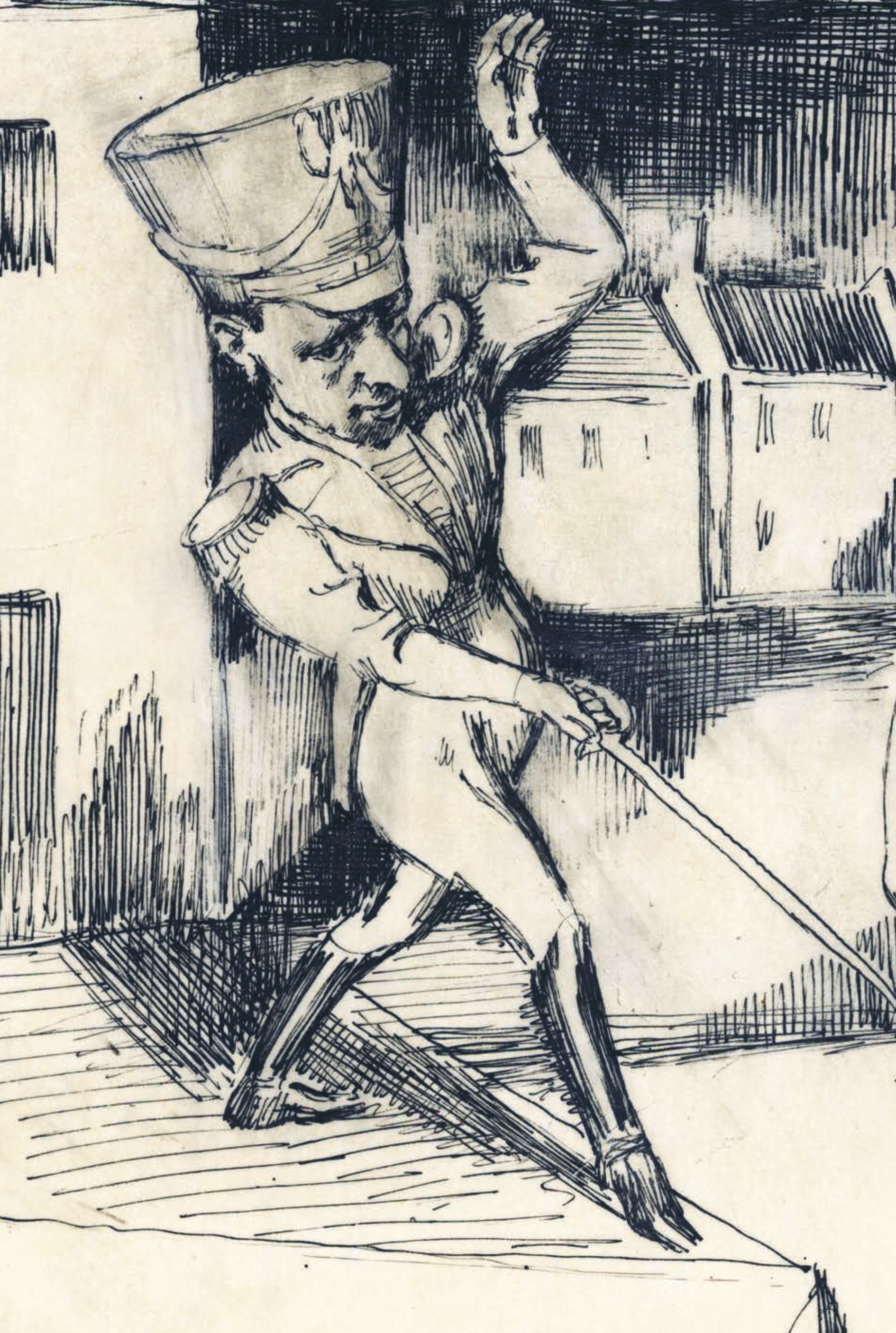Szybkie samorództwo blagi. Schulz, Deleuze i kwestia interpretacji
DOI:
https://doi.org/10.26881/sf.2022.19-20.04Abstrakt
The essay is a polemic against Idit Alphandary’s article, “Aesthetic Falsehood and Moral Emotions in Sanatorium Under the Sign of the Hourglass and The Hourglass Sanatorium.” The author notes that the strong interpretive theses of Alphandary’s article often turn out to be false, as they are based on Celina Wieniewska’s translation errors, as well as research presuppositions aimed at linking Schulz to Deleuze and Guattari’s category of “becoming-other.” Proving that the scholar took shortcuts in her interpretation, the author proposes a counter-interpretation according to which Schulz is no postmodernist, but a modern aesthetic conservative: in his vision, the world can only be saved by beauty. When beauty is removed from this world, life ceases to make sense, in view of which the only subject worth the effort is the subject of aesthetic contemplation. There is no deterritorialization in Schulz’s topology, instead there is an extremely strong aspiration for reterritorialization: for closure, for self-sufficiency, for autonomy, for slamming down the walls of the aesthetic fortress, for establishing a subjective center of the world that transforms reality into a delightful spectacle. Why does Alphandary misrepresent Schulz? Because she needs him as an ally in the common cause of aesthetic renewal of a world subjected to modern processes of secularization. She is not alone in this claim, for Schulz intensely attracts minds eager to view reality through the colorful panes of art. What the author fails to understand, however, is that this essentialist aesthetic utopia not only has nothing to do with the Deleuzian critique of the subject as a punctuated center of representation, but is its radical negation. Nor does she understand that modern aesthetic metaphysics (or metaphysical aestheticism) does not open the temporal horizon at all, but rather closes it (thus eliminating the transition to ethics), as evidenced by the image of the aesthetic fortress as a metaphysical asylum hinted at by Schulz in “The Republic of Dreams".

 Uniwersyteckie Czasopisma Naukowe
Uniwersyteckie Czasopisma Naukowe





